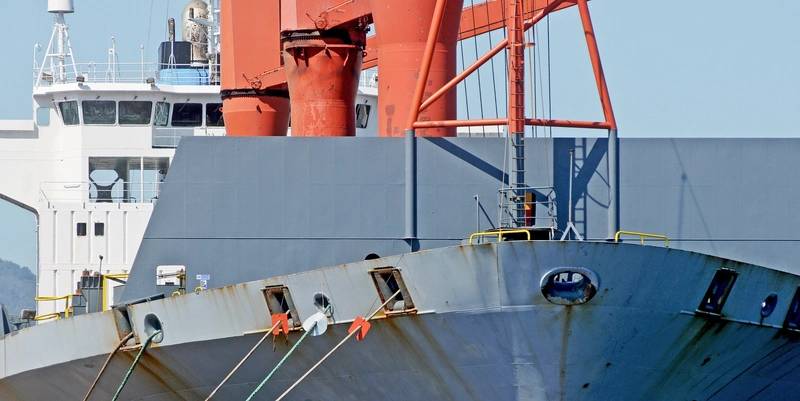Crew Health: Addressing Seafarer Obesity
Sophia Bullard, Crew Health Program Director at UK P&I Club, comments on the fact many crewmembers fail pre-sea medical examinations due to a combination of serious illnesses linked to obesity.
It could be argued that obesity alone is a precursor to other more serious conditions if nothing is done to reduce body mass index (BMI) and improve lifestyle. A BMI of 25 or above can signify a serious weight problem. Poor eating habits and an increasingly sedentary lifestyle can also contribute to the development of many lifestyle diseases.

An accurate clinical assessment is always required for crew members with raised BMI. If being overweight interferes with the person’s role on-board or they are unable to perform part of their job (including safety responsibilities), they may be found temporarily unfit, which means they are unable to go to sea. At the time of a temporary unfit decision based on BMI or obesity, the medical examiner will usually provide advice on weight reduction and weight loss targets can be set to encourage improvement and reduction of BMI.
Carrying excess weight not only causes a strain on the system but can also lead to other serious illness, e.g. hypertension, type 2 diabetes, coronary heart disease and even some musculoskeletal conditions. It is within these illness groups that the UK P&I Club has seen the largest growth in crew medical failures.
Ship owners, and employers themselves, can also assist the crew to prevent obesity on-board by ensuring seafarers are provided with a healthy diet such as that recommended by The World Health organization:
- Fruit – Eating a recommended 5-10 portions of fruit and vegetables per day.
- Fat – A reduction in fat intake is encouraged. This can be achieved by changing cooking methods, i.e. swap frying for baking or steaming.
- Salt – A lowering of salt levels can be achieved by not adding salt during food preparation, limiting the amount of salty, savory snacks and not putting salt on the table at mealtimes.
- Sugar – Sugar intake can be reduced by 10 percent by avoiding sugar sweetened drinks, snacks and sweets. Swap processed sugar for natural fruit sugars by eating fruit and raw vegetables.
Exercise plays an important part in achieving and maintaining fitness. Even a small amount of physical activity such as 30 minutes per day on an exercise bike can have positive results. Crew members, given time, free space, and encouragement to exercise, will see the benefit of weight loss, but also a reduction in stress levels, improved sleep and a boost to their self-esteem.
Small steps, such as the above, help crew members to achieve and preserve good health, and employers to maintain a fit, healthy and happy crew. This helps to reduce the likelihood of poor health, leading to a shortened seagoing career or medical emergency at sea.
